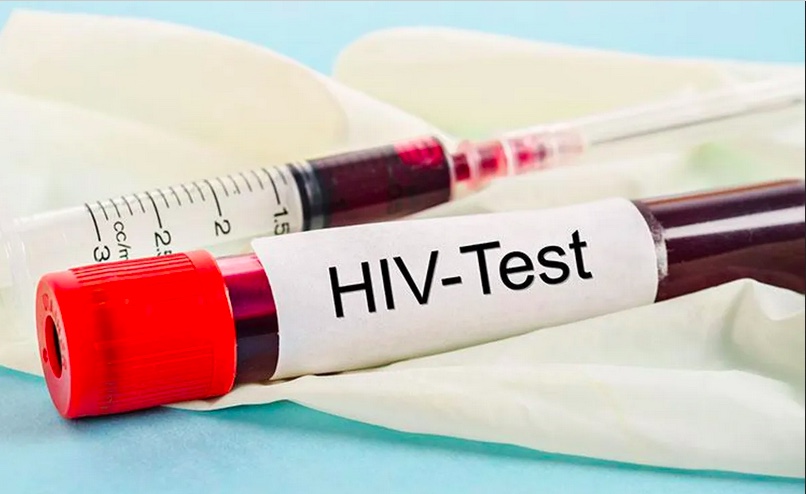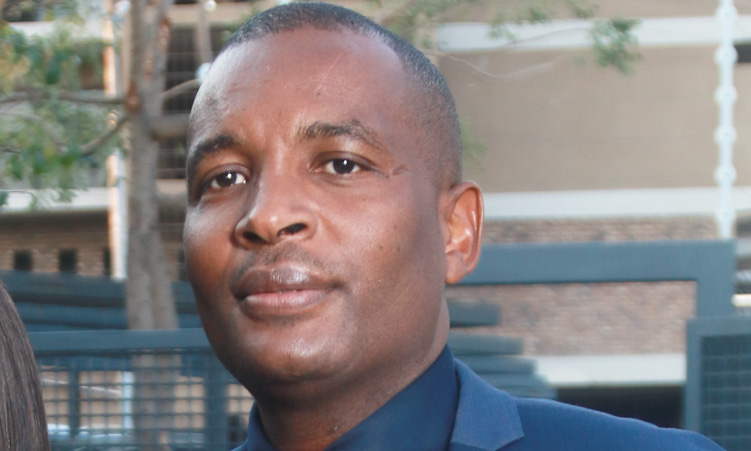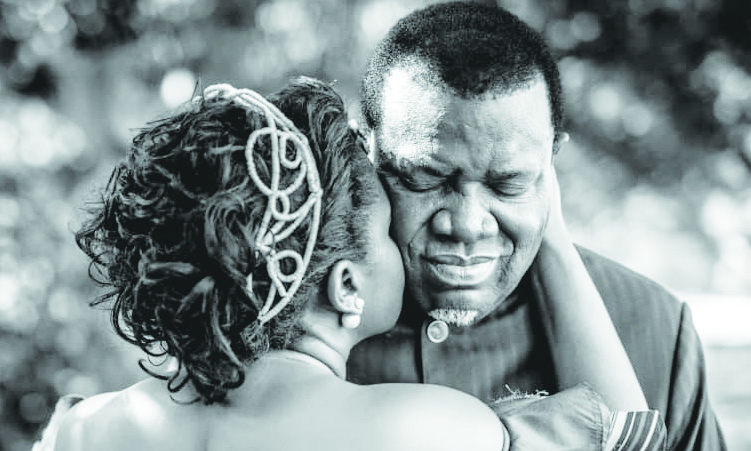THE Namibian has long had a reputation for being a socially progressive newspaper.
It was thus with a great deal of surprise that I read your article today entitled ‘Morality best AIDS Medicine’: MP, which reported on the Yelula/U-khâi project launch. Apart from the fact that from many presentations, your reporter has chosen to highlight only one – and one of the most conservative at that – rather than celebrating the very positive launch of a project, in the article he refers to me as “an AIDS victim”.Leaving aside issues of journalistic accuracy (I opened my speech by stating that I was HIV negative and knew this because I had been tested, and I provided your reporter with a copy of this speech.It would have been good journalistic practice for him to check, surely…), referring to people living with HIV and AIDS as ‘victims’ is something that is broadly frowned upon in media as it encourages stigmatisation and discrimination.The UNESCO guidelines quoted below make this and the reasons for it clear.”Victims: NOT ‘victims’, as victims can’t do anything about their situation – people living with HIV can! Avoiding words like victim also helps to promote uptake of confidential voluntary and confidential counselling and testing (VCCT) services providing a more hopeful presentation of living with HIV.”From: UNESCO Guidelines on Language and Content in HIV and AIDS related materials Surely a part of the ethical responsibility of a journalist is to be aware of the negative impacts that language has on perpetuating stigma for those living with HIV? And surely in a newspaper of your calibre, a responsible sub-editor would have picked this up? Erroneously (or even correctly, without explicit permission) ‘outing’ someone as HIV+ is an actionable offence.Fortunately my organisation (and as an aside, 3 and not 2 organisations implement Yelula/U-khâi – PIN, LAC and IBIS, as was clearly stated on the literature your reporter collected) is one that encourages open and free discussion of HIV and associated issues, and this is not a route we choose to follow.We need the media as a voice and a vehicle for change not as a continued perpetrator of stigma.If in any way we could assist you and your reporters to learn more about progressive ways of reporting topics linked to HIV and AIDS, we would be happy to.For example, Yelula/U-khâi could offer the reporters and staff of the Namibia a workshop on ‘AIDS and Me’, which focuses on personalising HIV and being aware of the negative effects language has on perpetuating stigma.We would also be happy to assist you with finding positive coverage about people living with HIV and AIDS.In the interim, though, some form of retraction or apology would be greatly appreciated.Terina Stibbard Programme Manager, Yelula/U-khâi Note: You and the previous writer are correct.The Namibian prides itself on a progressive approach to HIV, and this error should have been picked up prior to publication.We apologise for the reference – EdApart from the fact that from many presentations, your reporter has chosen to highlight only one – and one of the most conservative at that – rather than celebrating the very positive launch of a project, in the article he refers to me as “an AIDS victim”.Leaving aside issues of journalistic accuracy (I opened my speech by stating that I was HIV negative and knew this because I had been tested, and I provided your reporter with a copy of this speech.It would have been good journalistic practice for him to check, surely…), referring to people living with HIV and AIDS as ‘victims’ is something that is broadly frowned upon in media as it encourages stigmatisation and discrimination.The UNESCO guidelines quoted below make this and the reasons for it clear.”Victims: NOT ‘victims’, as victims can’t do anything about their situation – people living with HIV can! Avoiding words like victim also helps to promote uptake of confidential voluntary and confidential counselling and testing (VCCT) services providing a more hopeful presentation of living with HIV.”From: UNESCO Guidelines on Language and Content in HIV and AIDS related materials Surely a part of the ethical responsibility of a journalist is to be aware of the negative impacts that language has on perpetuating stigma for those living with HIV? And surely in a newspaper of your calibre, a responsible sub-editor would have picked this up? Erroneously (or even correctly, without explicit permission) ‘outing’ someone as HIV+ is an actionable offence.Fortunately my organisation (and as an aside, 3 and not 2 organisations implement Yelula/U-khâi – PIN, LAC and IBIS, as was clearly stated on the literature your reporter collected) is one that encourages open and free discussion of HIV and associated issues, and this is not a route we choose to follow.We need the media as a voice and a vehicle for change not as a continued perpetrator of stigma.If in any way we could assist you and your reporters to learn more about progressive ways of reporting topics linked to HIV and AIDS, we would be happy to.For example, Yelula/U-khâi could offer the reporters and staff of the Namibia a workshop on ‘AIDS and Me’, which focuses on personalising HIV and being aware of the negative effects language has on perpetuating stigma.We would also be happy to assist you with finding positive coverage about people living with HIV and AIDS.In the interim, though, some form of retraction or apology would be greatly appreciated.Terina Stibbard Programme Manager, Yelula/U-khâi Note: You and the previous writer are correct.The Namibian prides itself on a progressive approach to HIV, and this error should have been picked up prior to publication.We apologise for the reference – Ed
Stay informed with The Namibian – your source for credible journalism. Get in-depth reporting and opinions for
only N$85 a month. Invest in journalism, invest in democracy –
Subscribe Now!






